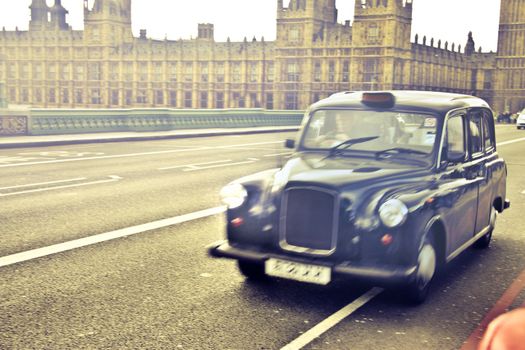The iconic black taxi has a long and interesting history. Also known as Hackney Carriages, the taxis have been around for centuries. In fact, they are older than you might think. Here, we will look at the history of this famous vehicle, avoid jargon and try to be as detailed as possible. In April this year, the London Taxi Company ceased production of the taxis, but by then, hundreds of millions of Londoners had been transported in them all over the world.
The company has a team of eight employees in three offices, including the London office, the Toronto office and the Coventry office. The team consists of people from different backgrounds and ages, but all of them are women. Small personally handpicked the people who make up the team. The other members of the team include Adam Ball, the director of client services, Kimberly Chomut, strategy director Amy Badun, and producer Eastern Yoo. The women in the company are crucial to its success and are key to its future.
While he has a long history of working in advertising, Small is not afraid to take on new challenges. His team of women includes Human Resources Director Kimberly Chomut, Director of Client Services Adam Ball, and Strategist Amy Badun. The company’s women are the backbone of the company, and the three women who make up the team help to ensure that its services remain at the top of the market. They are devoted to making the black cab experience more inclusive.
In addition to the three female-only Taxi offices, black taxi is led by a diversity committee that oversees the company’s operations. All members of the team are handpicked by Small and they have all worked together in the past. The Human Resources Director Kimberly Chomut, Director of Client Services Adam Ball, and Strategy Director Amy Badun make up the team. The company’s account managers Laouratou Sow and Account Manager Jalees Jaswal make up the rest of the team.

The traditional black cab has a history of problems, and is one of the biggest. The company has been in financial trouble for some time and is now facing bankruptcy. However, despite its problems, the company has managed to survive by handpicking its staff. Its employees include Kimberly Chomut, Adam Ball, and Eastern Yoo. In addition to these, the team consists of three women: Aicha Diallo and Jalees Jaswal.
The Black Taxi Company has announced that it will stop producing the iconic black taxi in May. The black cabs have been ferried by tourists in London for decades, and have been seen in 40 countries around the world. They are as quintessentially British as Big Ben, and are as iconic as Big. They are recognizable as they are iconic, and are often the first thing tourists see when they arrive in the UK. And they are as popular as they are iconic.
As a matter of fact, the black cab is an icon in the British capital. It represents the Houses of Parliament and the London Bridge. It greets many tourists before they leave the country. The black cab has been featured in films and TV shows around the world. The current TX$ model has been seen in more than 500 movies. Its appearance in Sherlock Holmes and James Bond has helped it become an iconic symbol in the industry.
The black taxi’s retro design and streamlined dashboard make it a popular choice among celebrities. The company’s black cabs have also been featured in movies like James Bond. The original TX4 is a favorite of movie actors, and many of them have spotted the company in their own city. The London taxi was first introduced in February 2012 and is currently produced at the Coventry factory. The manufacturer said the recall will have a huge impact on its cash flow.
The company’s three offices in London and Coventry are home to eight employees. The company’s leadership team includes human resources director Kimberly Chomut, director of client services Adam Ball, and strategy director Amy Badun. The entire team is made up of women, and the team is diverse – with two male executives. There are many jobs in London for black cab drivers, and they don’t need to speak English to get a job.



